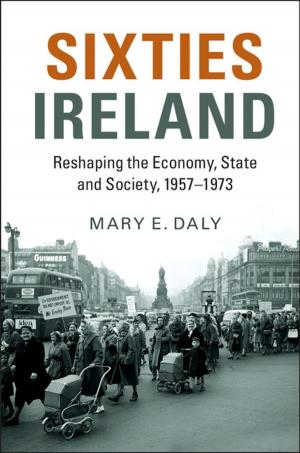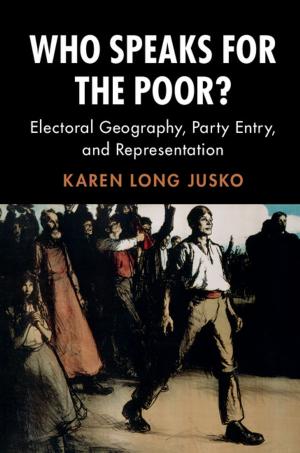United Nations Reform and the New Collective Security
Nonfiction, Reference & Language, Law, International, Social & Cultural Studies, Political Science, International Relations| Author: | ISBN: | 9780511739477 | |
| Publisher: | Cambridge University Press | Publication: | January 28, 2010 |
| Imprint: | Cambridge University Press | Language: | English |
| Author: | |
| ISBN: | 9780511739477 |
| Publisher: | Cambridge University Press |
| Publication: | January 28, 2010 |
| Imprint: | Cambridge University Press |
| Language: | English |
In 2004, the Report of the Secretary-General's High-Level Panel on Threats, Challenges and Change emphasised the linkages between economic development, security and human rights, and the imperative in the twenty-first century of collective action and cooperation between States. In a world deeply divided by differences of power, wealth, culture and ideology, central questions today in international law and organisation are whether reaffirmation of the concept of collective security and a workable consensus on the means of its realisation are possible. In addressing these questions, this book considers the three key documents in the recent UN reform process: the High-Level Panel report, the Secretary-General's In Larger Freedom report and the 2005 World Summit Outcome document. The chapters examine the responsibilities, commitments, strategies and institutions necessary for collective security to function both in practice and as a normative ideal in international law and relations between state and non-state actors alike.
In 2004, the Report of the Secretary-General's High-Level Panel on Threats, Challenges and Change emphasised the linkages between economic development, security and human rights, and the imperative in the twenty-first century of collective action and cooperation between States. In a world deeply divided by differences of power, wealth, culture and ideology, central questions today in international law and organisation are whether reaffirmation of the concept of collective security and a workable consensus on the means of its realisation are possible. In addressing these questions, this book considers the three key documents in the recent UN reform process: the High-Level Panel report, the Secretary-General's In Larger Freedom report and the 2005 World Summit Outcome document. The chapters examine the responsibilities, commitments, strategies and institutions necessary for collective security to function both in practice and as a normative ideal in international law and relations between state and non-state actors alike.















